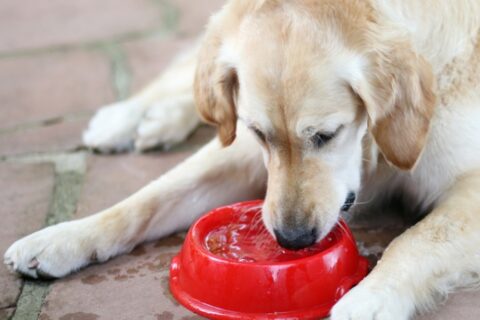What Causes Separation Anxiety in a Dog?
Separation anxiety is a common condition among dogs, but fortunately, it is an issue that can be addressed. If a dog is housetrained but has an accident while the family is gone, it might be experiencing anxiety. Dogs can act out by howling, chewing, or escaping from the yard to try to get their owners’ attention. If you are concerned that your dog might be experiencing anxiety, visit your animal clinic in Campbell. An experienced veterinarian at your local animal hospital can offer some insight, as well as solutions for your dog’s separation anxiety.
Loss
Most people feel anxious or depressed when they experience a loss. The same is true for many dogs. As your local veterinarian can explain, when a dog loses his or her owner or family, it will go through a variety of emotions. Our dogs may not be able to verbalize those feelings, but they can act them out in many different ways. Often a dog who has been abandoned, either at a shelter or on the side of a road, will be more likely to have separation anxiety than a dog who has been with the same family since it was a puppy. If one family member has died or moved away, the dog may experience anxiety with the rest of the family.
Changes at Home
Even a dog who has been with the same family his or her entire life can experience separation anxiety. Certain situations, especially those involving a significant change, can trigger anxiety in a dog. If the family has moved recently, or the regular routine has changed significantly, a dog may act out in response. If a dog is used to her owner being home often, and suddenly she is left home alone or in a crate for several hours longer than she is used to, she may develop separation anxiety.


